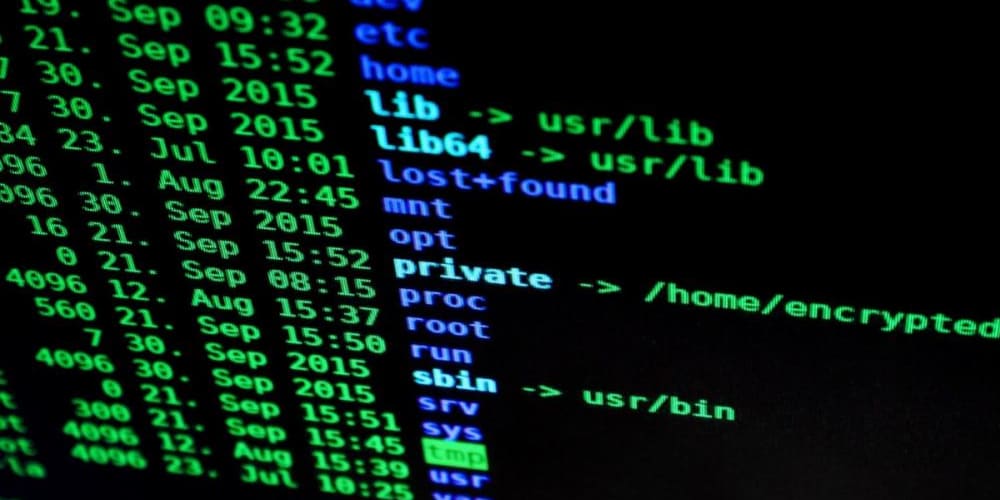Non-Fungible Tokens (NFTs) have taken the digital world by storm, redefining ownership and value in the virtual realm. The development of NFT marketplaces has become a focal point as demand for trading these unique digital assets grows. While the potential for innovation is vast, creating these platforms involves significant technical challenges and opportunities. This blog delves into the intricacies of NFT marketplace development, focusing on its technical aspects, use cases, challenges, and opportunities.
What is NFT Marketplace Development?
NFT marketplace development entails building platforms that facilitate the exchange of NFTs—unique digital tokens that represent ownership of specific digital items, such as art, music, or virtual real estate.
The development process involves integrating blockchain technology, designing user-friendly interfaces, deploying smart contracts, and ensuring robust security and scalability. Key components include:
Blockchain Integration: Ensuring seamless interaction with blockchain networks (e.g., Ethereum, Binance Smart Chain) for token transactions.
Smart Contract Development: Writing and deploying smart contracts to handle NFT creation, transactions, and ownership verification.
User Interface (UI) Design: Creating intuitive and accessible interfaces for users to interact with the marketplace.
Security Measures: Implementing advanced security protocols to protect user data and assets from potential cyber threats.
Use Cases of NFT Marketplace Development
NFT marketplaces are revolutionizing various sectors by offering new avenues for digital asset ownership and monetization:
Digital Art: Artists can tokenize their work, selling it as NFTs while retaining royalties on secondary sales through smart contracts.
Music: Musicians can release exclusive content as NFTs, enabling direct fan engagement and monetization without intermediaries.
Gaming: In-game items, characters, and skins can be traded as NFTs, providing players with real-world value for their virtual assets.
Virtual Real Estate: Platforms like Decentraland and Sandbox allow users to buy, sell, and develop virtual land, fostering a digital real estate economy.
Collectibles: Digital collectibles, such as trading cards and virtual pets, can be traded as NFTs, offering verified authenticity and ownership.
Technical Challenges in NFT Marketplace Development
Developing a robust NFT marketplace involves overcoming several technical challenges:
Blockchain Scalability: Ensuring the platform can handle a high volume of transactions without performance degradation. This often involves selecting scalable blockchain networks or implementing layer-2 solutions.
Smart Contract Security: Writing secure smart contracts is critical, as vulnerabilities can lead to significant financial losses. Rigorous testing and auditing are essential to prevent exploits.
Interoperability: Enabling cross-chain compatibility to allow users to trade NFTs across different blockchain networks. This requires developing interoperability protocols and integrating various blockchain standards.
User Authentication and Privacy: Implementing secure user authentication mechanisms, such as decentralized identity solutions, to protect user data and ensure privacy.
Gas Fees: Managing high transaction costs on networks like Ethereum. Solutions include optimizing smart contract code and exploring alternative blockchains with lower fees.
Opportunities in NFT Marketplace Development
Despite the challenges, there are numerous technical opportunities in NFT marketplace development:
Scalability Solutions: Implementing layer-2 scaling solutions (e.g., Rollups, Plasma) to enhance transaction throughput and reduce costs.
Interoperable Standards: Developing and adopting interoperable NFT standards (e.g., ERC-721, ERC-1155) to facilitate cross-chain trading and broaden the market.
Advanced Security Protocols: Utilizing advanced cryptographic techniques, such as zero-knowledge proofs and multi-signature wallets, to enhance platform security.
Decentralized Storage: Integrating decentralized storage solutions (e.g., IPFS, Arweave) to store NFT metadata securely and reliably.
User Experience Enhancements: Leveraging AI and machine learning to provide personalized user experiences, improve search and discovery features, and offer intelligent recommendations.
Conclusion
The development of NFT marketplaces presents a blend of technical challenges and opportunities. Addressing issues like blockchain scalability, smart contract security, interoperability, user authentication, and gas fees is crucial for creating robust and efficient platforms. However, by leveraging advanced technologies and innovative solutions, developers can unlock the full potential of NFTs.
As the digital landscape continues to evolve, those who navigate these technical challenges successfully will lead the charge in this transformative era of digital commerce.


















